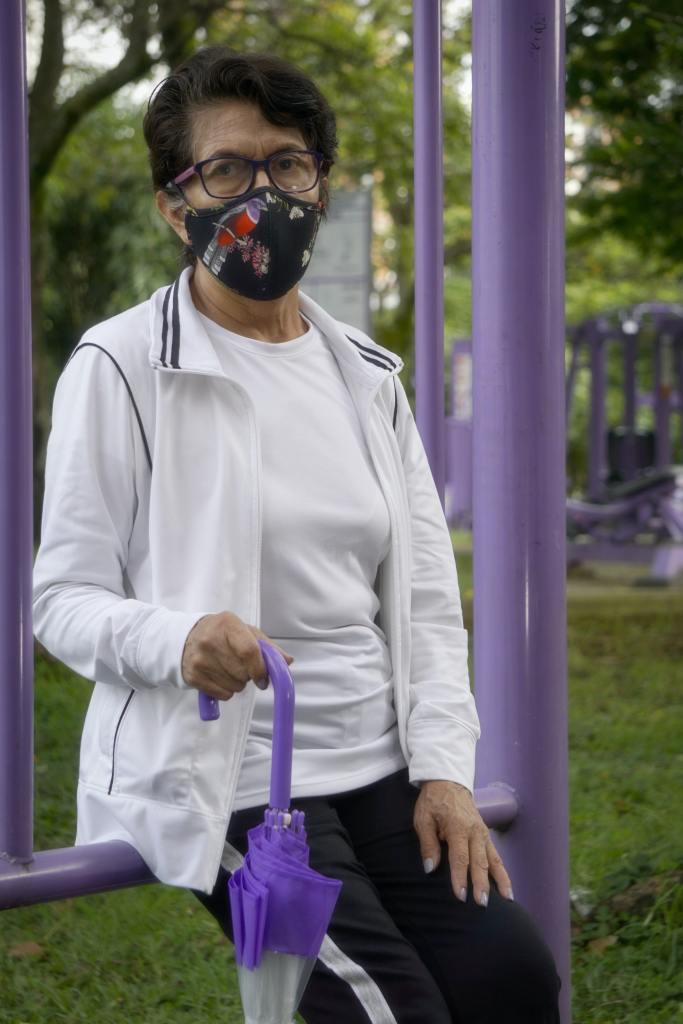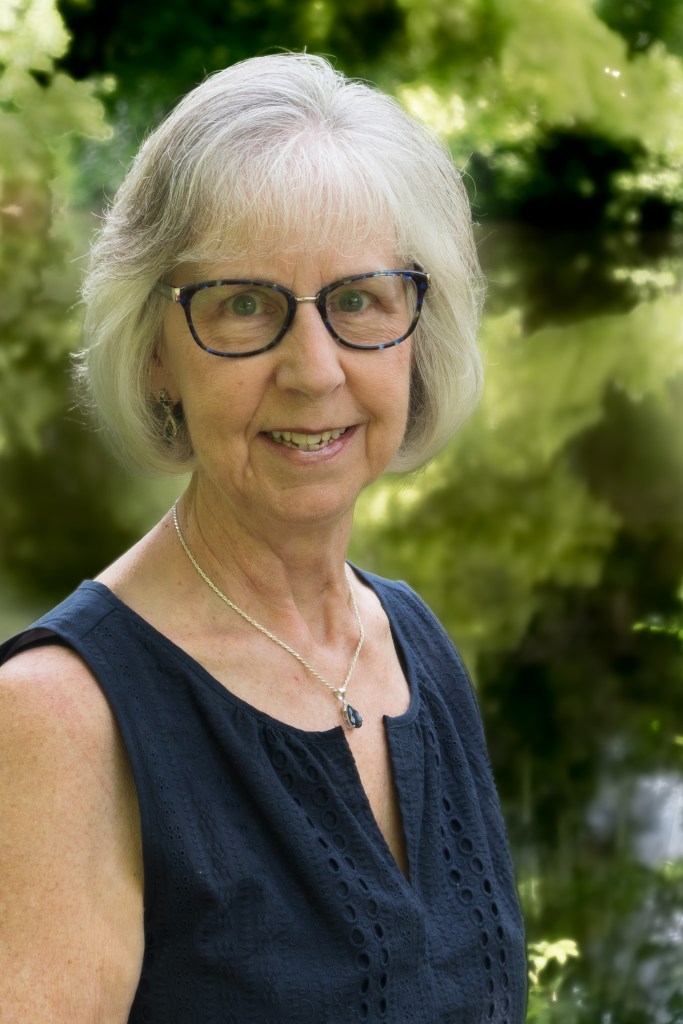
In this post-pandemic world, it is more important than ever to intentionally engage in ministry with, and shaped for, older adults. Those without technology skills and equipment feel left-out. Those without families to encourage and surround them feel left-behind. Those outside thriving, connected, senior adult centers feel isolated. The places they called home, their church and the multitude of organizations of which they were a part, despite super-human efforts to stay connected in the midst of extraordinary circumstances, are just now beginning to open their doors and welcome them into the warm embrace of friends and stories and empathy and beloved community. What an opportunity to extend the reach of God’s love into a world of grief and mourning, fear and disorientation, longing and desire for deep connection!
Photo by Gabriel Porras from Unsplash
Who are these older adults and what engages their interest and commitment? Whether you define “older adults as 60-100 years, in categories of “mature” and “seasoned,” or as “elders” or “third-thirties,” there are 6500 more people over the age of 65 in America every day. These ten principles may offer you real keys to re-opening the doors of Christian community to them with renewed purpose:
- Older adults’ understandings of Christian faith vary significantly.
Expect a great variety of beliefs about God, who Jesus was and/or is, the purpose of the church, how faith might affect one’s life, the aim of prayer, and what death brings, amongst others.
2. Older adults enter our congregations with a variety of religious-spiritual identities and needs:
“…those who are religiously/spiritually committed and engaged in the faith community; [and] those who are less religiously committed and participate occasionally in the faith community.” In their circles of connection, our congregants will also encounter, “…those who have left established churches and religion, but are still spiritual and spiritually committed, [and] those who are unaffiliated, uninvolved, and claim no religious identity.”[1]
3. Faith formation is concerned with all of one’s life.
This includes one’s physical, mental, emotional, and spiritual realities.
4. Relationship and community are key to adult faith formation.
Older adults find community in family, friends, “neighborhoods,” church, small groups, and social gatherings.
5. Diversity of programming provides the depth to engage a breadth of situations and circumstances.
This includes a great variety of housing situations, and “family” relationships.
6. Older adults have a variety of preferred ways of learning; but will try new ways to engage.
Pay attention to offering choices, and plan for many abilities and needs for accommodation.
7. Many highly significant life transitions occur in the last third of life.
These are key opportunities for fostering spiritual exploration, inviting growth, empowering resilience, developing coping strategies, providing special care, and connecting to a small group with similar changes or needs.
8. Multi-generational contact for learning and relationships are highly valued by many older adults.
These contacts are beneficial to all ages and stages for life-story telling, learning to be sensitive to others’ needs, discovering ways to love and care, working together on a task, and experiencing joy and delight.
9. Helping others is a deep desire of older adults.
When searching for or creating opportunities to help, consider accessibility for many abilities, meeting needs for contribution and caring, creating relationship with others that can be life-giving, finding situations where continuing partnership is both possible and desirable and mutual benefits are optimal.
10. Older adults show increasing openness to the online, digital world for faith formation.
Advantages: Personalizing exploration and learning; offering a variety of entry points into learning; connecting isolated individuals though common interests; delivering content about every subject imaginable; guiding physical exercise, spiritual practices, worship, and training for particular ministries. But not every older adult has or is willing to engage with technology.
Each one of these principles offers rich opportunities to develop engagement and programming in conversation with older adults. Choose one or two that most describe your own context and make a fresh start in this post-pandemic world. Older adults are hungry for the Spirit, and the Spirit is willing and able to offer the food of community and connection that gives life.
A note from the editor: This is the initial post of an eleven part series. Each Tuesday this summer we will publish a post by a different author focusing on one of these 10 principles. We hope this enlivens your ministry with older adults.
Resources for planning ministry with older adults:
- “Elders Rising” – Webinar “Ministry with Older Adults” with Dr. Roland Martinson (April 23, 2020)
Also, his book by the same name: Elders Rising: The Promise and Peril of Aging
“In this inspiring book, Roland D. Martinson draws on the folk wisdom and experience of over fifty persons between the ages of sixty-two and ninety-seven. He puts this wisdom in conversation with scriptural and theological understandings of elders in the last third of life and sets forth perspectives on aging for individuals, groups, civic organizations, and congregations to utilize in developing a vital, resilient, and productive quality of life for elders.”
- The Seasons of Adult Faith Formation, Editor: John Roberto, LifelongFaith Associates, 2015.
- 2020 Older Adult Ministry Planning Guide, Presbyterian Older Adult Ministry Network (PCUSA), which contains an annual Worship Outline for Older Adult Sunday (May 3rd in 2020). Free download on POAMN site.
- Free downloads: Lifelong Faith
Of special interest: Fall 2015 The Future of Adult Faith Formation
Winter 2016 Special Issues on Adult Faith Formation
- On the Brink of Everything: Grace, Gravity and Getting Old, Parker J. Palmer, Berrett-Koehler Publications, Inc., 2018.

Joyce MacKichan Walker, Retired Church Educator/Pastor, Princeton, New Jersey
[1] “Twenty-First Century Adult Faith Formation,” John Roberto, page 2.

